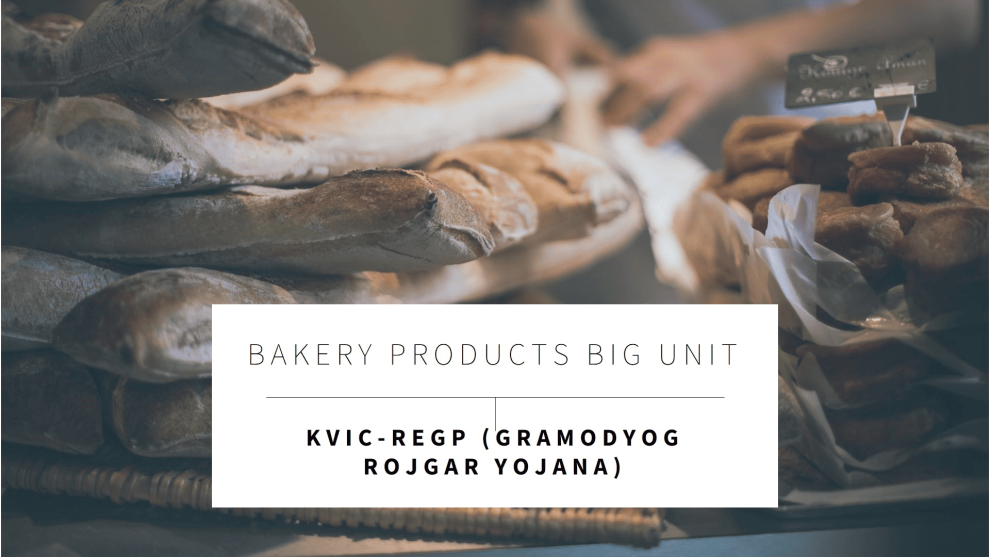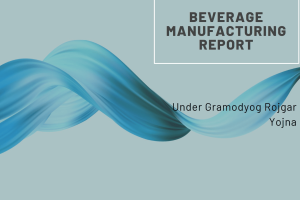Introduction
The bakery industry in India is the largest segment of the food industry, with an annual turnover of approximately Rs. 3,000 crores. India is the second-largest producer of biscuits globally, after the USA. The industry is divided into organized and unorganized sectors, with over 70% of total production coming from the unorganized sector. Bread and biscuits form the major baked products, accounting for over 80% of the total bakery production. While the production quantities of bread and biscuits are similar, the value of biscuits exceeds that of bread.
Bakery products, once considered a luxury, have now become essential food items for a vast majority of the population.
Project Overview
Name of the Product: Bakery Products
Total Project Cost: Rs. 5,700,000 (Rs. in 000)
Key Components:
- Land: Own
- Equipment: Rs. 1,000,000
- Raw Material: Rs. 140,000
- Labels and Packing Material: Rs. 1,100,000
- Salaries (Manager): Rs. 120,000
- Wages (7 Skilled & 7 Unskilled): Rs. 3,000,000
- Working Capital: Rs. 1,140,000
- Capital Expenditure: Rs. 1,965,000
Production Details
Estimated Annual Production Capacity:
- Particulars: Capacity in kg (wafer biscuits, butter mixing, sugar grinding)
- Working Capital Requirement: Rs. 1,140,000
- Projected Sales: Rs. 4,457,250
Utilization Rates (%):
| Sr. No. | Capacity Utilization (%) | Production Value (Rs. in 000) |
|---|---|---|
| 1 | 100% | 4,956.60 |
| 2 | 80% | 3,990.00 |
| 3 | 70% | 3,469.62 |
| 4 | 60% | 2,973.96 |
Cost Analysis
Cost of Production: Rs. 4,457,250
- Fixed Costs: Rs. 826,142
- Administrative Expenses: Rs. 120,000
- Insurance: Rs. 100,000
- Miscellaneous Expenses: Rs. 107,000
- Depreciation: Rs. 148,200
- Overheads: Rs. 200,000
- Variable Costs: Rs. 499,600
Working Capital Loan: Rs. 107,250
Profitability Analysis
- Gross Surplus: Rs. 826,142
- Net Surplus: Rs. 499,600
Note:
- If the investment in building is replaced by rental, the total project cost will reduce, profitability will increase, and interest on capital expenditure will be lower.
- All figures mentioned above are indicative and subject to market variations.
Manufacturing Process
The main product, wafer biscuits, can be manufactured after sourcing raw materials such as maida, starch, soda, salt, color, preservatives, vanaspati, sugar, and flavors, which are easily available in local markets.
Steps:
- Mixing: Ingredients like maida, starch, vanaspati, water, etc., are mixed in a mixer to form a paste.
- Baking: The paste is poured into pre-heated molds to bake wafer sheets.
- Cream Preparation: Sugar, vanaspati, color, and essence are mixed in a planetary mixer to form cream.
- Assembly: The cream is applied to the sheets to form a sandwich.
- Cutting and Packaging: The sandwiches are cut into biscuits and packed in pouches.
Equipment Requirements
- Manual Wafer Biscuit Machines: 2
- Butter Mixing Machines: 2
- Sugar Grinding Machines: 2
Conclusion
The bakery industry offers significant growth potential due to increasing demand for baked goods in both rural and urban areas. With proper investment and efficient operations, the project can achieve profitability and contribute to the growth of India’s food industry.
For more information or services related to MSMEs in Chhattisgarh:
📧 Email Us:
contact@entrepreneur.org.in
sharma.maayank@yahoo.com
📞 Call Us:
+91 97551 29633
🌐 Visit Us for Updates:
BharatiyaMedia.com
We’re here to support your entrepreneurial journey!












Add Comment